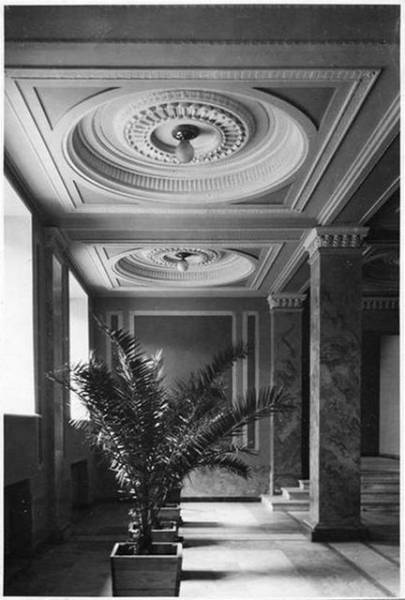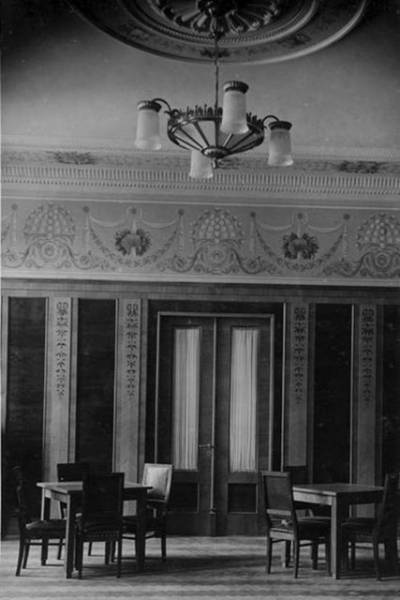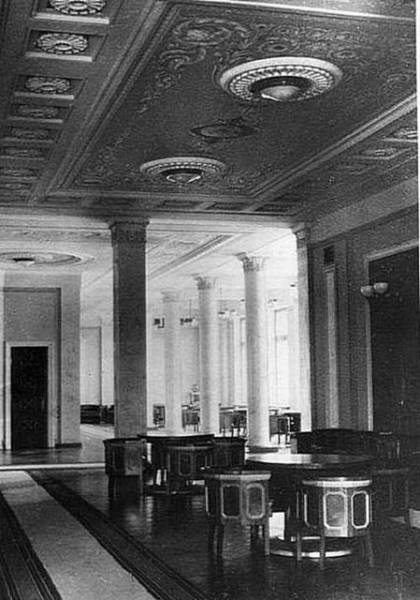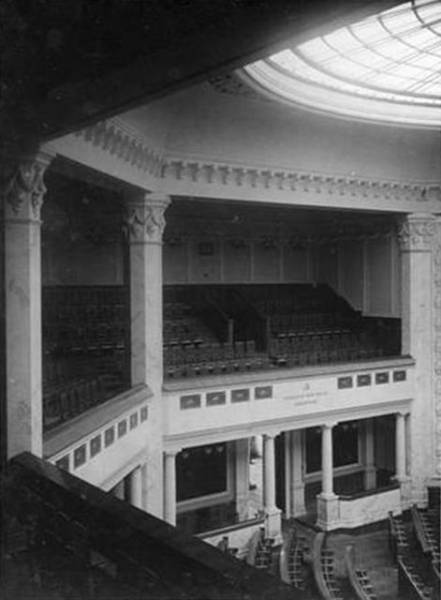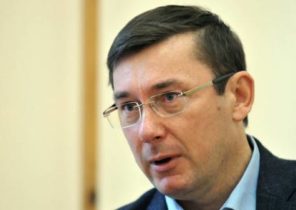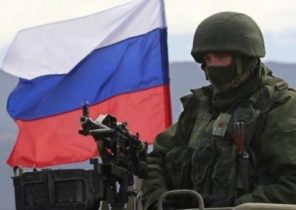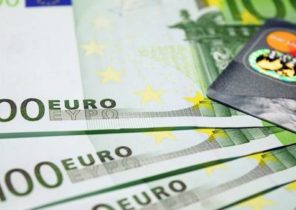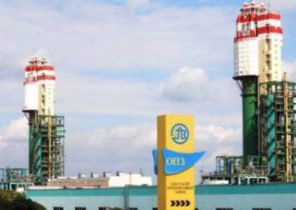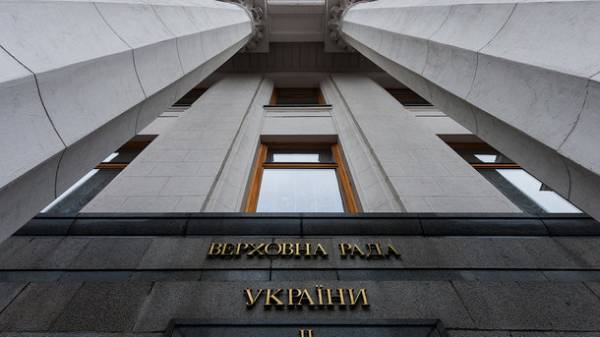
MPs today have a reason to dress up in their best costumes and drink “nagaosa one hundred grams” — Ukraine celebrates the centenary of Ukrainian parliamentarism. “Today,” I remembered the story of the Supreme legislative body of Ukraine, its achievements and chronic “disease”.

CELEBRATION. Speaker of the Verkhovna Rada Andriy Parubiy on Monday said that today all the necessary bills will be considered before lunch, because the agenda is the ceremonial meeting on the occasion of the anniversary. In addition, the Parliament has started an exhibition dedicated to the holiday. The exhibition presents unique documents of times of the Central Rada of Ukraine, which was established March 17, 1917 and became the first Ukrainian Parliament. However, despite the fact that the exhibition is free, the originals of all four Wagons and the first document — the appeal “To the Ukrainian people” — will be able to see far not every Ukrainian: artifacts will be exhibited in the BP, which can be accessed only by special permission.
The Verkhovna Rada goes back to the Central Rada, a Cossack councils and to the chamber.
FROM THE CHAMBER TO THE PARLIAMENT. Despite the fact that officially our parliamentary system originated just 100 years ago, historians believe that Ukrainian “protofilaments” can be attributed to the Veche of Kiev state. And there, by the way, unlike the Verkhovna Rada, was free to hit anyone. Later, the Veche became the Boyar Duma — the Supreme Council of the Prince, consisting of the nobility, military and clergy. And in the XVI century, under the influence of Poland, in Ukraine there were Cossack councils. There was a domestic and foreign policy issues, elected hetmans and Cossack officers, which the common people were allowed to govern. This on until the beginning of the XVII century, along with the Council of elders, was a major in the Army of Zaporozhye. However, after the destruction of Zaporizhzhya Sich Ukrainian parliamentarism stopped for more than a century and a half. Only in the early XX century the process has moved forward.
The February revolution of 1917 in Russia was the impetus for the national liberation movement in Ukraine. March 17, 1917, after heated discussions, several Ukrainian parties, military and students announced the creation of the Ukrainian Central Rada. It was headed by Mykhailo Hrushevsky, and the number of MPs to 150. Five days later, the body adopted its first document, and the main result of the work the four most important in Ukrainian history Wagon, has created the Ukrainian people’s Republic. TSR lasted not long — only two years, replaced first by the Hetmanate of Pavlo Skoropadsky, and then by the Directory of Petliura. In 1920, Ukraine was occupied by the Bolsheviks, and the main legislative body was the Supreme Soviet of the USSR.
An independent Parliament has been revived only in 1990. During the years of independence MPs have visited almost 4,000 people, a motion in Parliament 24.5 thousand bills, of which 6 thousand became laws. The most active Parliament was the Parliament of VI convocation, voted on average 100 times a day. Least worked convening, voting on average every day. As early VR was dismissed twice: on 5 June 2007 did Victor Yushchenko, 25 Aug 2014 — Petro Poroshenko.
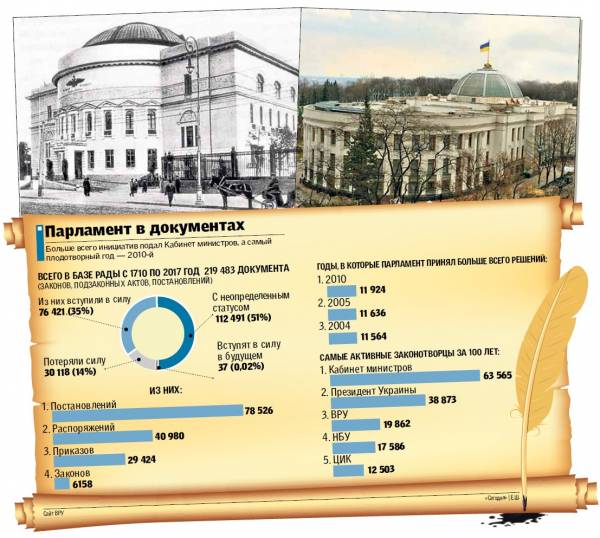
NEW TIME: STARS UNDER THE DOME AND TWO-THIRDS OF THE BUSINESS
According to the Director of the Ukrainian Institute of national memory Vladimir Vyatrovich, since the Central Rada and the Supreme Council of the USSR the building of the Ukrainian Parliament has changed markedly: there is no more Communist star under a dome or Soviet murals, star on the spire.
“Overall, I think the last time Parliament made a sharp jerk from the Soviet past. Parliament significantly updated, there are many new politicians. Contemporary, Parliament had inherited from the Central Council focus on the internal struggle that prevents national Association, — says the historian. But Ukrainian society has changed and become more Mature than 100 years ago. Accordingly, the Ukrainians one way or another are affecting the politicians.”
Vyatrovich said that the disputes raised in Parliament was in the days of the Central Rada.
“These discussions are normal and characteristic of the Parliament of any country. Cause for concern should be rather the silence of the deputies and General agreement on all questions, which can be seen, for example, in the Russian Federation”, — he concluded.

The “DISEASE”. In turn, the political scientist Vladimir Fesenko calls the fight in Parliament one of the main “diseases” of the Verkhovna Rada: “the Reason for the increased conflict is a low level of political culture of people’s deputies. And I’m not going to remember any individual conflicts — we have history enough of the fights and in the format of “wall to wall”. It discreditied Parliament”.
The expert notes that the second major defect of the Parliament of the new time can be called low political responsibility, when MPs massively miss the plenary sessions and ignore the work in committees. Thus, according to him, in the 1990s, such violations were observed much less frequently. “Finally, I note that we have dropped the quality of work of the Parliament — at the dawn of the Verkhovna Rada of voting was treated more seriously. Now we see a lot of populism and “legal spam” — sums up Fesenko.
The current problems of VR, the analyst associates with the increasing number of businessmen in the ranks of factions: at some point, they turned out to be two-thirds of Parliament. In his opinion, they set a trend that has ceased to go regularly to the plenary.
But the first Ukrainian President Leonid Kravchuk, who concurrently was also the speaker of the Verkhovna Rada of the first convocation, said the main “disease” that the current parliamentarians do not love their country and the earth: “They think that love Ukraine, but in fact love only money. And now, instead of trying to understand which way we go, we are arguing about how many roads to choose. It causes sadness and anger — the country cannot move forward.”
But the fight in Parliament first, the President does not think the main problem — according to him, this situation is in the parliaments of other countries, such as Japan.

ACHIEVEMENTS. Though a little, but positive changes in the work of Parliament is still there. “We finally chose the European course and every day stronger stand on the European road. Adopted many laws, which enable to fight corruption, adopted documents, which could raise the people and to create an army. First, the Verkhovna Rada was Pro — 300 of the 450 deputies were members of the Communist party. But gradually in our Parliament managed to increase the number of deputies with the democratic and Pro-Ukrainian position,” — said Kravchuk on the achievements of BP.
In turn Fesenko calls three important points in the new history of Parliament. According to him, the main achievement was the adoption of the Constitution in 1996, which the expert calls a “triumph of Ukrainian parliamentarism”. In addition, it emphasizes the work on the political crises of 2004 and 2014, to cope with which has able deputies.

Lobby Happy 50 years.
Lobby Happy 50 years.
Lobby Happy 50 years.
Balcony for guests, photo 1938.
